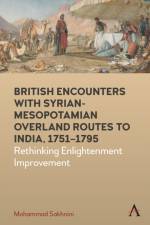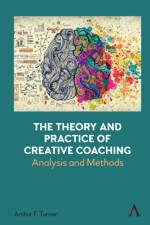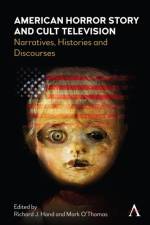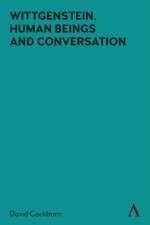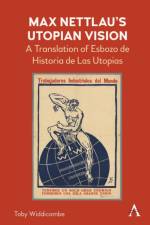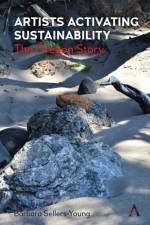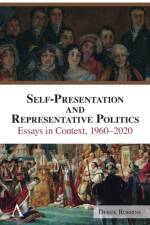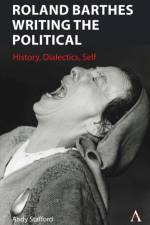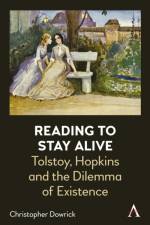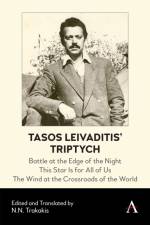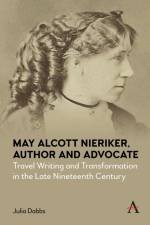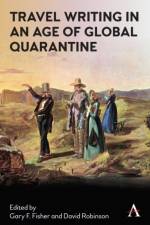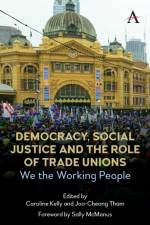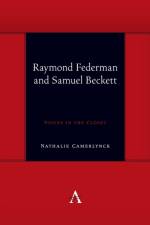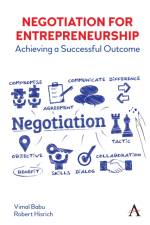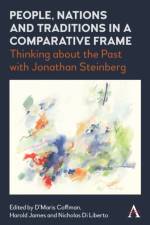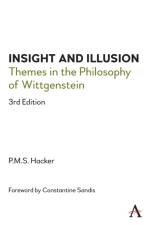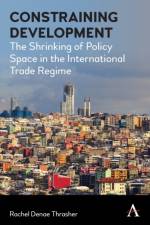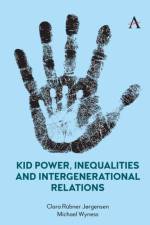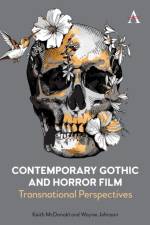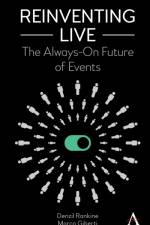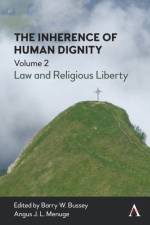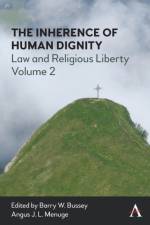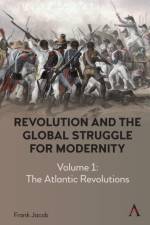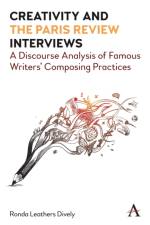von Ruth Heholt
39,00 €
Cornwall as Strange Fiction is focused on written and visual culture that is made in, or made about, Cornwall and where there is affinity with Gothic. Cornwall and the Scilly Isles (known as 'Kernow' in the Cornish language) have a special relationship with Gothic, one that has been overlooked in the literature on regional Gothic. In 1998, Avril Horner and Sue Zlosnik coined the term 'Cornish Gothic' in relation to the work of Daphne du Maurier. Since then, however, there have been few discussions of the distinctive types of Gothic engendered by cultural and imaginative re-creations of Cornwall or where it has played a generative role within creative practice. Cornwall as Strange Fiction argues that a persistent imaginative romance with the peninsular has produced a specific and distinctive set of Gothic fictions and creative outputs that mark an exciting new departure in the discussion of regional and media-aware Gothic studies.In his chapter on 'Regional Gothic', Jarlath Killeen cites the Celtic fringes as 'Ireland, Scotland and Wales' (2009, pp. 92-3). Cornwall is forgotten in this account, but it is this often continued absence of Cornwall that at least in part defines it as a Gothic space. Cornwall as Strange Fiction argues that Cornwall has a culturally acquired liminality, becoming a space of ambivalence, absence, excess and loss. Cornwall is too far away and yet at the same time too near (at least for British scholars of Gothic). It has an excess of history, mythic non-history and identity, uncanny light and sublime sculptural stones, all representing both creative plenitude and its lack. This book looks to the visual, the digital and to adaptation, to contemporary as well as traditional platforms, in pursuit of our argument that Kernow thrives as a dark economy for the creative imagination. We address the ways in which different platforms, the novel, film or painting, shape articulations of Gothic Kernow, alongside our attention to the threads of intertextual dialogue that weave among such diversity.Central to our argument and method is the fact that Gothic Kernow is always situationally produced as a framework within which different aesthetic, psychological and social agendas sit. As we will show, the texts and artefacts that we discuss are shaped by a confluence of medial formats and aesthetic concerns, political and social contexts, all filtering through the perceived magics, mysteries and myths of Cornwall. We are therefore intent on demonstrating how, as both an imagined and real space, Cornwall becomes the subject of Gothic concerns, particularly in terms of otherness, animism and the sublime. Offering new insights into the relationships between place and Gothic, this book aims to engender and encourage greater debate through our argument that Cornwall plays a potent role in the landscape of regional Gothic and that it needs to be considered more fully as a major catalyst in the Gothic imagination. Most importantly, this book argues and demonstrates that Gothic Kernow needs to be considered as a powerful force in the development of Gothic grammar generally.

